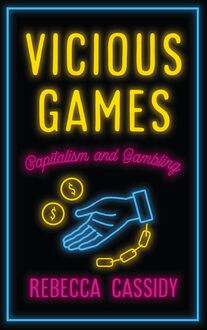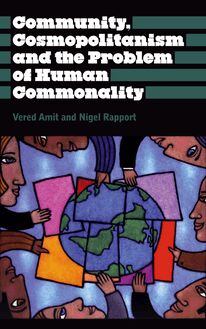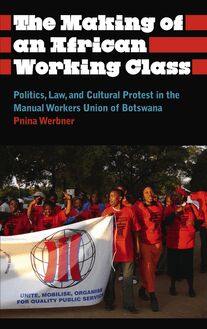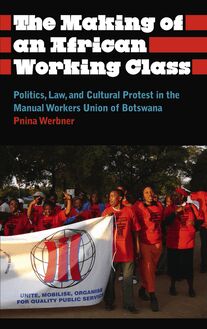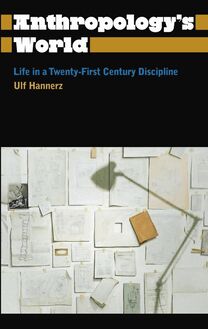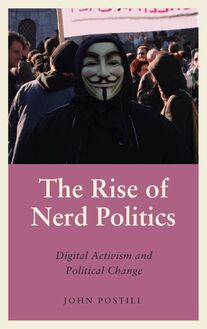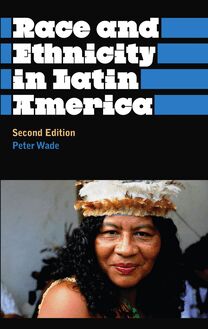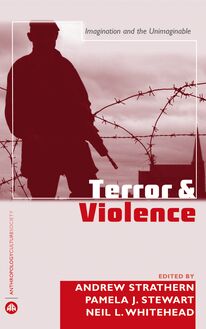Anthropology At the Dawn of the Cold War , livre ebook
189
pages
English
Ebooks
2008
Obtenez un accès à la bibliothèque pour le consulter en ligne En savoir plus
Découvre YouScribe en t'inscrivant gratuitement
Découvre YouScribe en t'inscrivant gratuitement
189
pages
English
Ebooks
2008
Obtenez un accès à la bibliothèque pour le consulter en ligne En savoir plus
Publié par
Date de parution
20 janvier 2008
Nombre de lectures
1
EAN13
9781849643351
Langue
English
The contributors show how anthropologists became both tools and victims of the Cold War state during the rise of the United States in the post-War period. Examining the intersection between science and power, this book is a compelling read for anthropologists, historians, sociologists, and anyone interested in the way in which colonial and neo-colonial knowledge is produced and constructed.
Acknowledgements
Introduction: Anthropology at the Dawn of the Cold War by Dustin M. Wax
1. Ashley's Ghost: McCarthyism, Science, and Human Nature (Susan Sperling)
2. Materialism's Free Pass: Karl Wittfogel, McCarthyism, and the 'Bureaucratisation of Guilt' by David Price
3. American Colonialism at the Dawn of the Cold War by Marc Pinkoski)
4. In the Name of Science: The Cold War and the Direction of Scientific Pursuits by Frank A. Salamone
5. Peasants on Our Minds: Anthropology, the Cold War and the Myth of Peasant Conservatism by Eric B. Ross)
6. Organizing Anthropology: Sol Tax and the Professionalisation of Anthropology by Dustin M. Wax
7. Columbia University and the Mundial Upheaval Society: A Study in Academic Networking by William Peace)
8. Afterword: Reconceptualising Anthropology's Historiography by Robert L.A. Hancock
Contributors
Index
Publié par
Date de parution
20 janvier 2008
Nombre de lectures
1
EAN13
9781849643351
Langue
English

